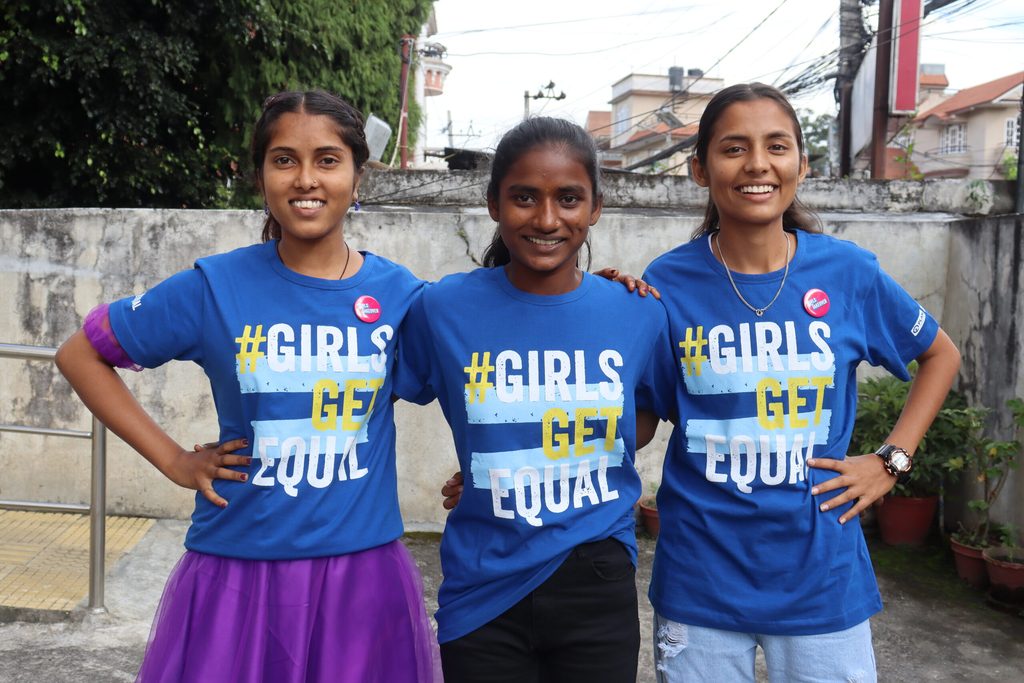Tarani from quiet bystander to hero dad
This Father’s Day, we celebrate Tarani, a father who actively supports his children and challenges traditional gender roles at home.
In Nepal’s deeply patriarchal society, traditional social and gender norms adversely impact girls’ rights.
Girls, especially those from vulnerable families and in remote areas, continue to face violence, neglect and abuse. Girls and young women suffer from sexual and gender-based violence and are victims of harmful traditional practices.
Gender discrimination is also prevalent in nutrition, childcare and schooling, as well as harmful practices such as child marriage, traditional menstrual isolation (chaupadi), dowry and trafficking.
Girls tend to receive less care than boys from a young age which negatively impacts their health and development.

Plan International Nepal support parents, caregivers, community organisations and state institutions to provide children with the care, support and services they require to grow up healthy and reach their full potential. This includes ensuring they are free from gendered norms and attitudes that hold them back.
We run parenting courses and support programmes so caregivers have the skills and knowledge to bring children up healthily and in an environment that promotes equality.
We also promote men’s positive engagement in their children’s early development, maternal mental health and wellbeing, as well as community support.
We support communities so they have knowledge and services on key maternal healthcare practices. We also promote the establishment and use of sanitation and hygiene facilities and behaviours.
Plan International Nepal has formed child rights committees and helped them develop an action plan against violence against children in local areas. In 2020, 32 local governments and 128 wards were provided with additional technical capacity on child rights and the importance of child protection. Such initiatives have helped local governments initiate child protection and anti-human trafficking policies with allocated action plans and budgets.
We work with youth and help them to identify and prevent online abuse, trafficking, domestic violence and child marriage. To make this possible, we work with parents, political, religious and local leaders and facilitate intergenerational dialogues. We engage the media, public figures and young people to promote positive messages about gender equality and influence the government of Nepal to develop policies that protect children.
In terms of child marriage, we empower girls, build the capacity of communities, advocate to local governments to formulate child protection policies, ensure helpline services and crisis centers, and support campaigns calling for an end to child marriage.
Sticks and Stones is a manual for facilitators to increase the involvement of children in their own protection.
The manual includes thematic guidance, exploring themes and settings relating to children’s involvement in protection, in addition to training materials and practical activities on children’s involvement in protection and instructions for trainers.